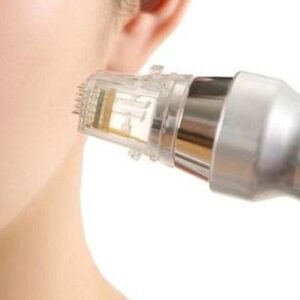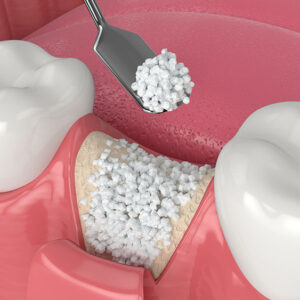Description
Familiarity with Treatment
Expansion Sphincter Pharyngoplasty (ESP) is a surgical procedure used to treat obstructive sleep apnea (OSA) by addressing lateral pharyngeal collapse. ESP aims to stiffen the lateral pharyngeal walls and prevent their collapse during sleep, thereby improving airflow and reducing the severity of OSA symptoms. The procedure involves various techniques, including tonsillectomy, expansion pharyngoplasty, rotation of the palatopharyngeus muscle, partial uvulectomy, and closure of the anterior and posterior tonsillar pillars.
Procedure
ESP is typically performed under general anesthesia in the operating room. The procedure involves raising flaps of tissue from behind each tonsil and attaching them across the back of the throat. This narrows the space behind the palate, helping the velopharyngeal valve close and preventing air leakage through the nose during speech. The surgery takes approximately 1 to 2 hours, and dissolvable stitches are used.
Who is it Suitable For?
ESP may be suitable for individuals with obstructive sleep apnea, particularly those with lateral pharyngeal wall collapse. It is often considered as a treatment option for patients who have not responded to other conservative treatments or who are unable to tolerate continuous positive airway pressure (CPAP) therapy.
Who is it Not Suitable For?
ESP may not be suitable for individuals with certain medical conditions or those who have contraindications to general anesthesia. The healthcare provider will evaluate the individual’s overall health and determine the most appropriate treatment option.
Advantages
- Treatment of Obstructive Sleep Apnea: ESP has shown promise in treating obstructive sleep apnea, particularly in individuals with lateral pharyngeal wall collapse.
- Improved Sleep Quality: ESP may lead to improvements in sleep quality and reduction in the severity of OSA symptoms.
Complications
- Postoperative Pain and Dysphagia: Some individuals may experience postoperative pain and swallowing difficulties after ESP, although the rate of complications is generally minimal.
- Abnormal Sensation and Swallowing Difficulty: A few patients have reported abnormal sensations around the soft palate and swallowing difficulties after ESP.
Preoperative Care
Preoperative care for ESP involves a comprehensive evaluation by the healthcare provider to determine the suitability for the procedure. The healthcare provider will provide detailed preoperative instructions that should be followed closely.
Postoperative Care
Postoperative care for ESP includes monitoring for complications, such as pain and bleeding. Patients will typically be admitted to the hospital for at least one night for hydration, pain control, and airway monitoring. Follow-up visits with the doctor are important to assess the success of the surgery and address any concerns or complications that may arise.






Reviews
There are no reviews yet.